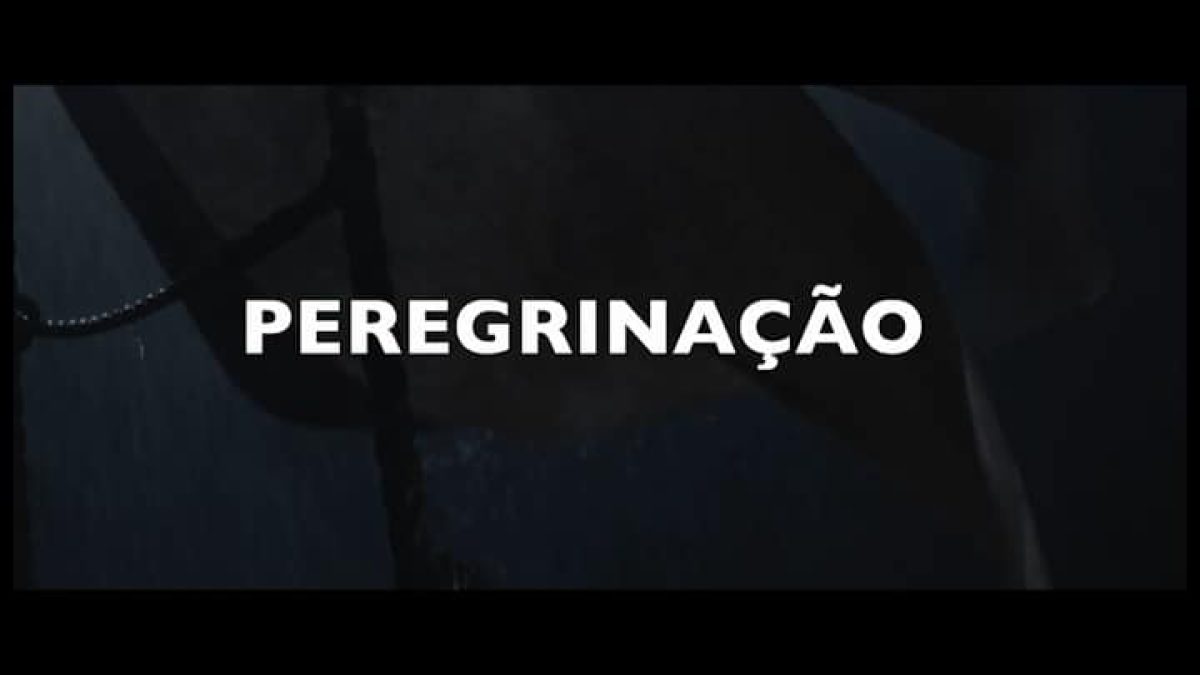“Peregrinação,” aka Pilgrimage is a 2017 Portuguese epic drama directed by João Botelho, is a visually striking adaptation of Fernão Mendes Pinto‘s autobiographical journey across the East, encapsulating his 21-year odyssey through India, China, and Japan. This film, set against the Portuguese Age of Discovery’s backdrop, offers a profound narrative that intertwines historical exploration with personal transformation and cultural exchanges.
Table of Contents
![Pilgrimage (2017) [DVD Review] 2 Pilgrimage (2017) [DVD Review] 1](https://andersonvision.com/wp-content/uploads/2024/02/pilgrimage-dvd-1.jpg)
The history of Pilgrimage
Set in the 16th century, “Pilgrimage” brings to life Pinto’s controversial and adventure-filled narrative, exploring the authenticity and thematic essence of his experiences. The film adeptly navigates the historical and cultural complexities of the era, presenting a narrative that balances the grandeur of discovery with the critical examination of colonial impacts.
![Pilgrimage (2017) [DVD Review] 4 Pilgrimage (2017) [DVD Review] 3](https://andersonvision.com/wp-content/uploads/2024/02/pilgrimage-dvd-2.jpg)
What is it all about?
At its core, the film delves into themes of exploration, identity, and the dynamics of cultural exchange, presenting a nuanced narrative that transcends mere historical recounting. It portrays the quest for knowledge, the process of self-discovery, and the intricate dance of cultural interactions, offering insights into the human spirit’s resilience and capacity for empathy.
![Pilgrimage (2017) [DVD Review] 6 Pilgrimage (2017) [DVD Review] 5](https://andersonvision.com/wp-content/uploads/2024/02/pilgrimage-dvd-3.jpg)
Meet Pinto
Central to the film is Fernão Mendes Pinto’s character evolution, from an eager young explorer to a reflective and empathetic observer of humanity. The diverse cast of characters Pinto encounters enriches the narrative, showcasing the complexities of human nature and the potential for mutual respect and understanding across cultures.
That being said, I still had never heard of the guy before this movie.
![Pilgrimage (2017) [DVD Review] 8 Pilgrimage (2017) [DVD Review] 7](https://andersonvision.com/wp-content/uploads/2024/02/pilgrimage-dvd-4.jpg)
Such a visually stunning movie
“Pilgrimage” distinguishes itself with its breathtaking cinematography and meticulous attention to period detail. The film’s visual storytelling enhances the narrative’s emotional depth, capturing the beauty and brutality of Pinto’s world, from the vibrant courts of Asia to the untamed beauty of uncharted territories.
![Pilgrimage (2017) [DVD Review] 10 Pilgrimage (2017) [DVD Review] 9](https://andersonvision.com/wp-content/uploads/2024/02/pilgrimage-dvd-7.jpg)
How was Pilgrimage received?
While receiving mixed reviews, “Pilgrimage” was praised for its ambitious portrayal of Pinto’s adventures and its engagement with profound themes. The film has made a significant mark on Portuguese cinema, celebrated for its historical depth, visual beauty, and thematic complexity.
In America, it went largely ignored. That’s not atypical as it takes a fanbase or Awards recognition to still help push foreign cinema into the mainstream. You would think things would be better now, but here we are years later still talking about it.
Final thoughts on the movie
“Peregrinação” is more than a historical epic; it’s a reflective journey into the human condition, exploring the essence of discovery, the complexity of cultural interactions, and the perpetual quest for understanding. It stands as a testament to the shared humanity that connects us, encouraging viewers to reflect on our past and its influence on our present and future. As a significant contribution to cinema, it continues to inspire and provoke thought, ensuring the legacy of Fernão Mendes Pinto’s remarkable journey endures.
![Pilgrimage (2017) [DVD Review] 12 Pilgrimage (2017) [DVD Review] 11](https://andersonvision.com/wp-content/uploads/2024/02/pilgrimage-dvd-6.jpg)
Let’s talk about the DVD
Pilgrimage is one of those movies that while submitted for Best Foreign Language Film, it fell by the wayside. What makes that so crazy is the film just came out in 2017. So, when Indiepix made the DVD available…I wanted to watch it for the first time.
While the film was newly remastered for Indiepix to show on its Prime Video Channel and on DVD, I’m not sure how much standard definition benefits its visuals. I’m an A/V snob, but not as big as your typical online talking head. Still, it feels a little underwhelming for the presentation.
That being said, I would still recommend checking it out.



1 Comment
Mademoiselle (1966) [Blu-ray review] | AndersonVision